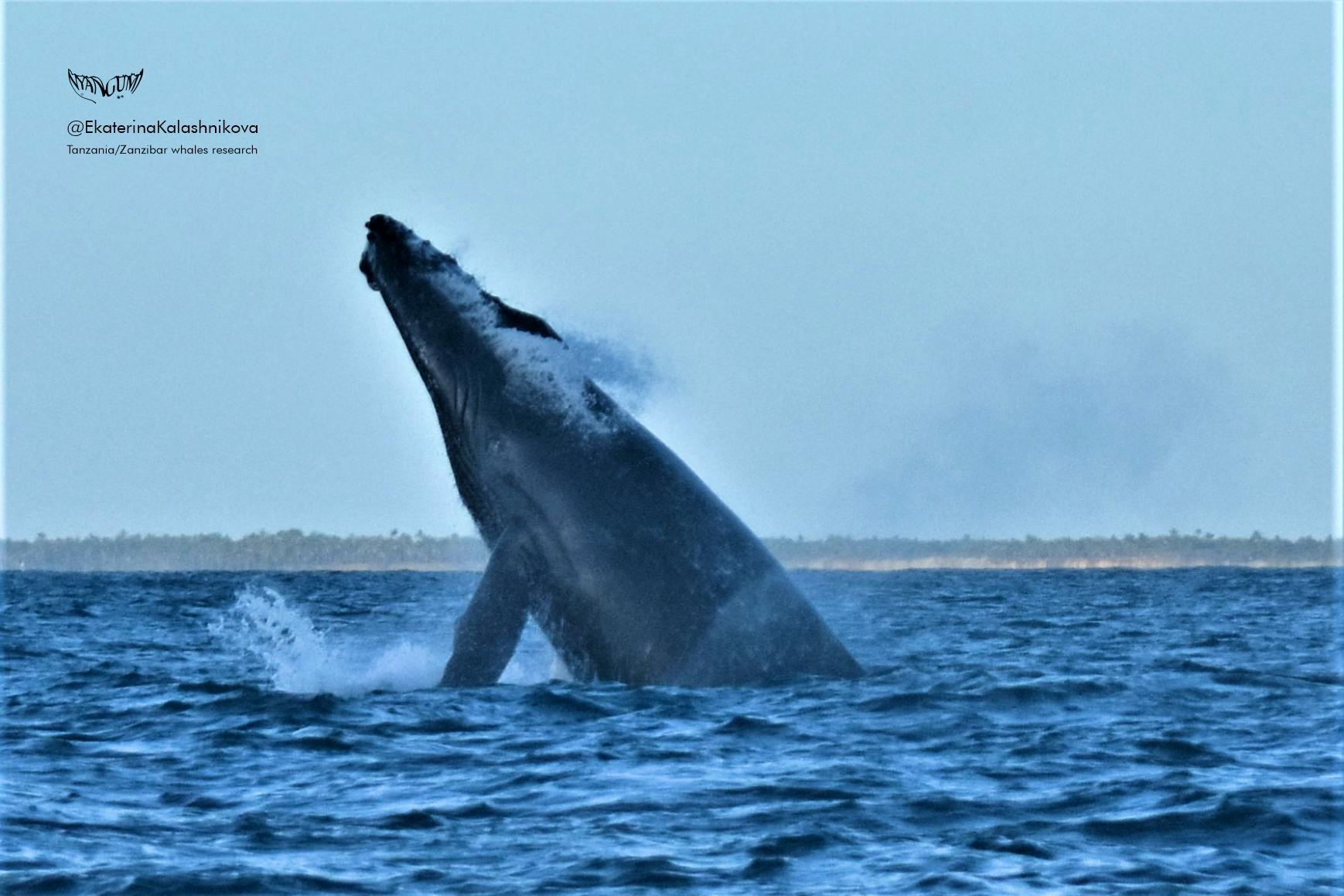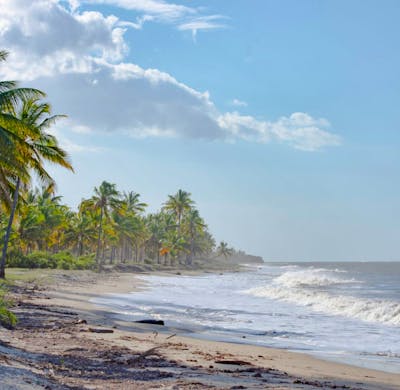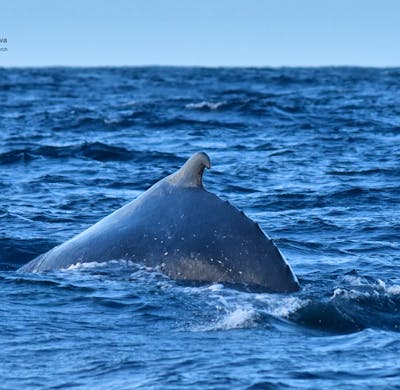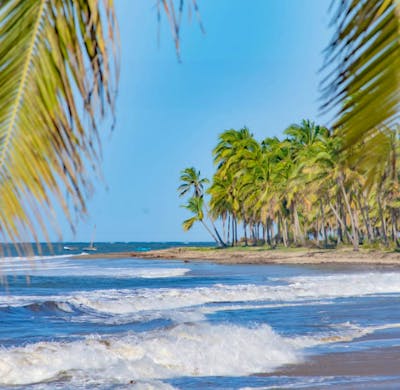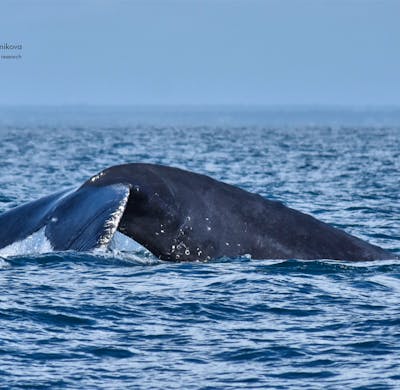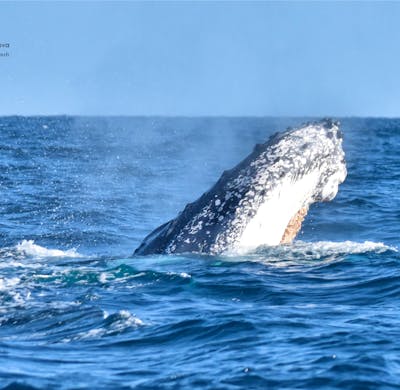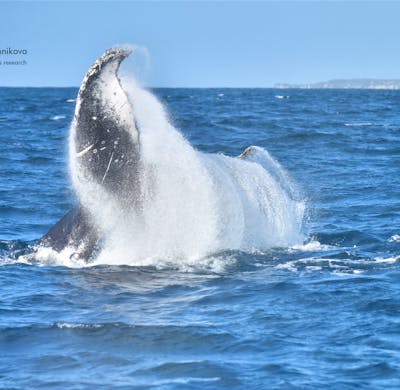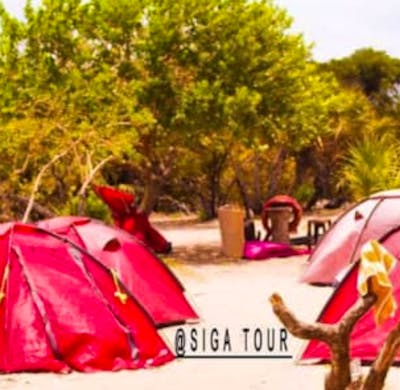Who is DMAD?
DMAD-Marine Mammals Research Association was established in 2015 to understand the current situation of cetacean species, to gather baseline knowledge which is an essential tool for their effective conservation and to assess human pressures within the territorial waters of Turkey.
What we do?
Our research efforts have identified critical habitats for both coastal and deep-sea species within the territorial waters of Turkey, contributing to the selection of Istanbul Strait and its adjacent waters as an “Important Marine Mammal Areas (IMMA)” and the Gulf of Antalya selected as an “Area of Interest” by the Marine Mammal Task Force. The research in partnership with WWF-Turkey and TUDAV led to the acceptance of Istanbul Strait and its adjacent waters as an IMMA. Furthermore, the first ever dedicated research effort, covering the entire waters of the Eastern Mediterranean Sea of Turkey, has now been started by DMAD. Rather than restricting survey efforts to the summer months like many research projects, DMAD also considers the spatial-temporal distribution of these important species within our waters. Turkey is a country that holds critical habitats for cetaceans such as foraging, nursing, and socializing grounds for coastal and deep-diving species, throughout its waters in the Turkish Strait System, Aegean Sea and the Eastern Mediterranean. Our research effort highlights the invaluable importance of these waters for top predators that are known as climate warriors.
While taking a scientific approach to the assessment of species and the existing threats, DMAD values the importance of public engagement for the successful implementation of project results and in-situ conservation actions and therefore have developed public awareness projects and capacity enrichment both for early career researchers, students and anyone interested in learning.
Where we work?
We carry out our projects at Turkey and Montenegro where both country and the regions we work are completely safe and more over popular with national and international tourists. There are no particular special health requirements needed.
In Turkey, our projects cover Istanbul Strait, Dilek Peninsula (Kuşadası), the Gulf of Antalya the entire Eastern Mediterranean Sea of Turkey, covering the coastal and deep-sea habitats between Gocek and Hatay.
Istanbul is one of the most beautiful cities in the entire world with its historical places, social life and fascinating view of the Strait all the way long with wonderful touristic attractions. Contrary to the extremely active nature of Istanbul, Dilek Peninsula has a peaceful environment with its protected land and waters although it is in very attractive and busy city boundaries called Kuşadası on the Aegean Sea coast. Following the beautiful Aegean Sea, we sail through entire Eastern Mediterranean Sea of Turkey from one of the tourist hotspots, the Gulf of Antalya to Hatay the southernmost city of Turkey with remarkable monuments and spectacular cuisine.
We have also many projects and volunteer placements at Montenegro. Anyone considering to join our program is welcome to visit our office at Kotor Old Town in Montenegro. Also, accommodation house for volunteers is at Tivat close to the port of Montenegro, a city not far from Kotor. We run our projects at Bar and Budva regions.
For both the country we carry out our research are safe and no need for extra health requirements. Moreover, working is like is more fun and fulfilling than a holiday in those regions that are mostly preferred for touristic reasons.
Our mission and vision
The projects of DMAD stretch from one of the busiest waterways in the entire world, the Istanbul Strait, to the protected waters of the Dilek Peninsula, while conducting dedicated effort in one of the tourist hotspots, the Gulf of Antalya and more recently the entire Eastern
Mediterranean Sea of Turkey, covering the coastal and deep-sea habitats between Gocek and Hatay. While taking a scientific approach to the assessment of species and the existing threats, DMAD values the importance of public engagement for the successful implementation of project results and in-situ conservation actions and therefore have developed public awareness projects and capacity enrichment both for early career researchers, students and anyone interested in learning.
Turkey is a country that holds critical habitats for cetaceans. Our research effort highlights the invaluable importance of these waters for top predators that are known as climate warriors. Yet, our effort has also revealed sharp declines in the sighting rates of species since 2015 and an ever-increasing uncontrolled human presence within the same waters. With the current pandemic our world is facing, this is a year to question our actions and understand how fragile we actually are if we do not work hand in hand with nature. We believe that self-awareness' will create the CHANGE we need for our survival that completely relies on decreasing our footprint on the only planet we know we can live on! In order to trigger this, DMAD values particularly to build public awareness efforts as well as
scientific and educational projects. DMAD has been already taken an important role in Marine conservation actions not only regional but also internationally. Our energetic and dynamic team with its dedicated soul had extended the research boundaries from Turkey to Montenegro with new projects.
Our goals
Our goals are determination of more critical habitats for cetaceans such as foraging, nursing, and socialising areas at both Turkey and Montenegro and taking conservation actions. Filling the information gap about these precious creatures through our research efforts both at the sea and the land. Giving volunteers and local people more chance to be active in the research and the conservation actions.
Widening the education opportunities for from researcher to anyone who is willing to learn more.
Who are we looking for?
People who are
*Interested in nature studies,
*Willing to learn and take responsibility,
* Those who want to improve themselves in practical and scientific methods in the field of marine mammal research.
Why choose us
DMAD offers nature lovers and scientists keen on marine mammal research to conduct scientific research in a pleasant environment in stunningly beautiful and safe waters. In addition, being the working areas are not far from the tourist attractions, the time on the land can be also lively and enjoyable depending on the season. Moreover, DMAD provides the opportunity to experience traditional and technological
methods in the field, as well as providing certified trainings such as ' “ACCOBAMS High Quality Marine Mammal Observer and Passive Acoustic Monitoring” As a young organization whose projects are supported by highly respected international organizations, DMAD already has more than 38 articles and publications, most of which are in peer-reviewed journals. For those who are not able to participate in the program, we also have the distance internship programs covers some hot topics such as ‘Interpretation of Scientific Data’, Geographical Information System; and also, video trainings that 3500 people benefit from free of charge.
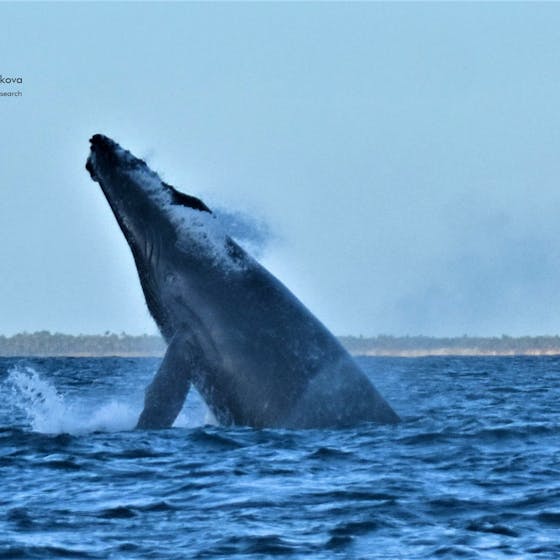
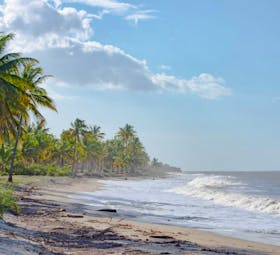
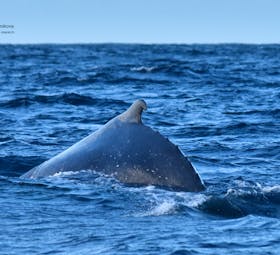
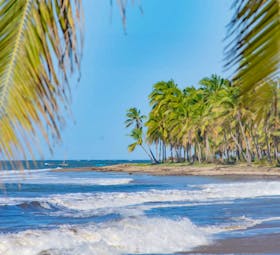
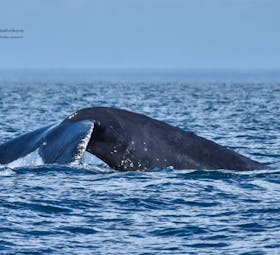
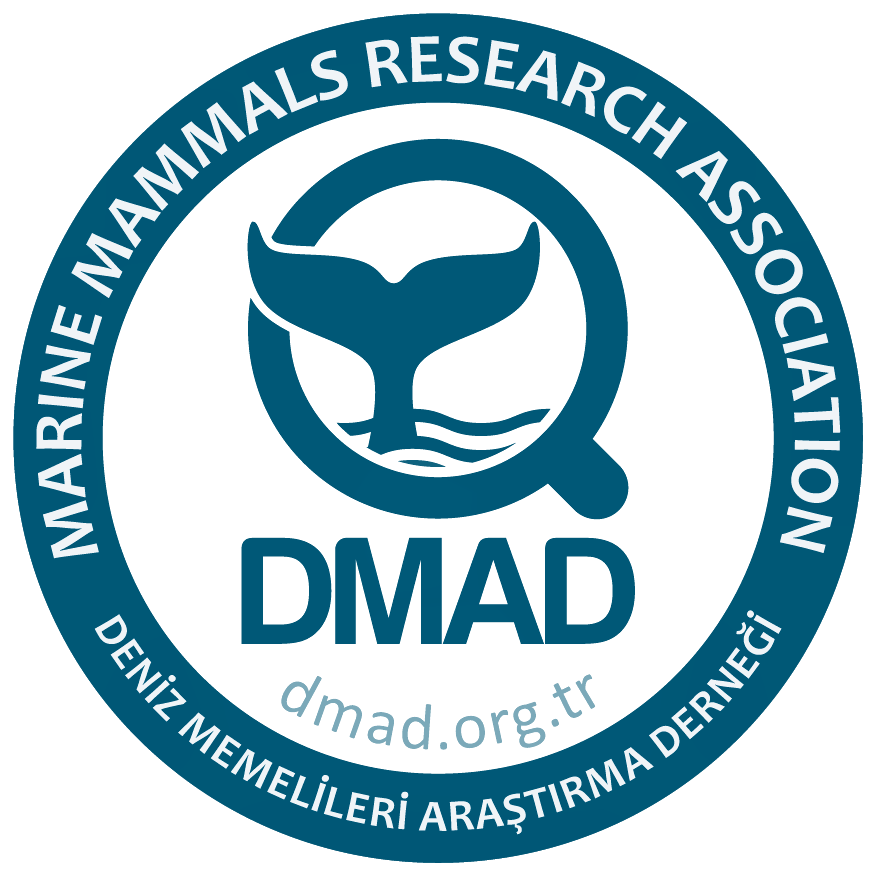
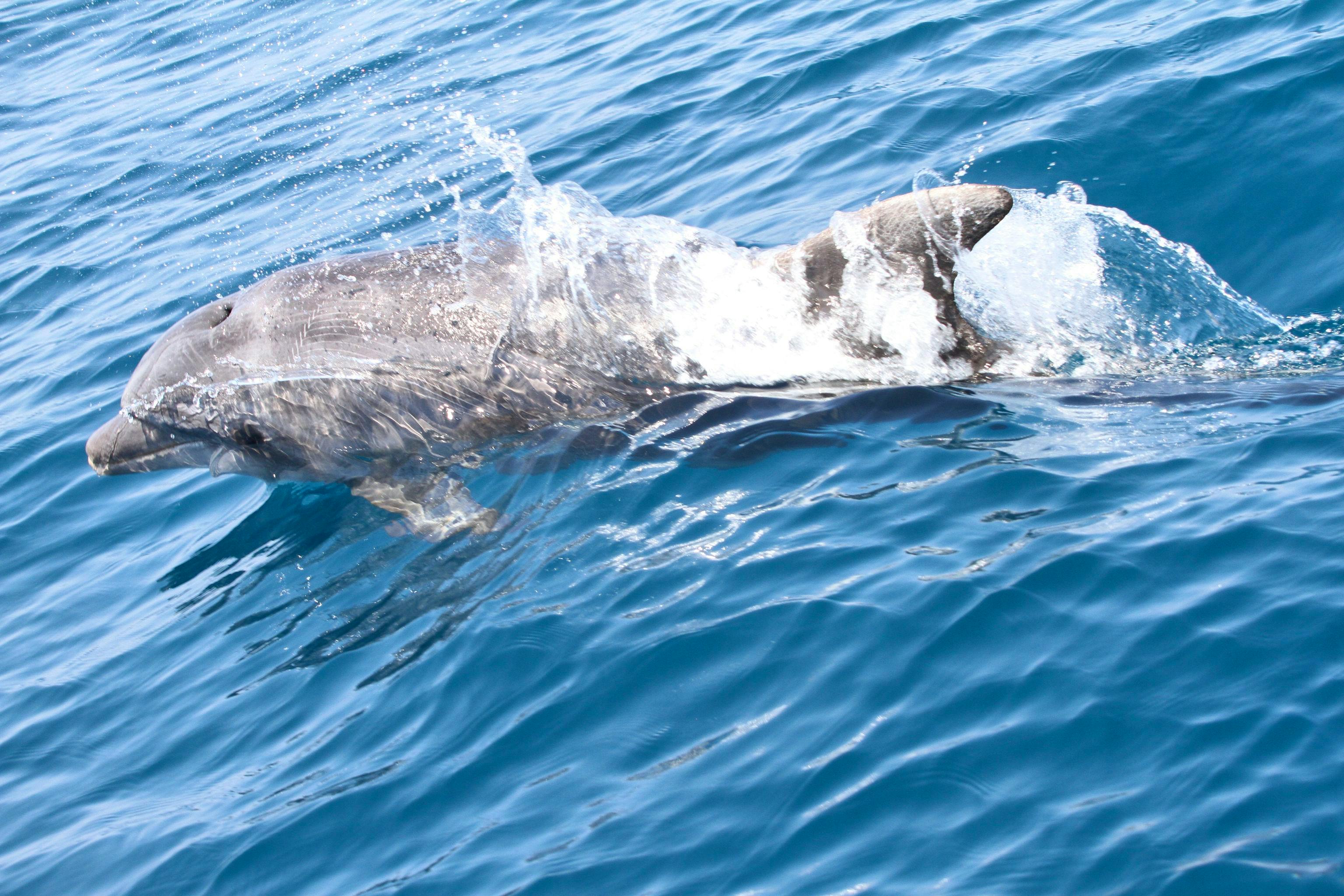
 4.8
4.8

